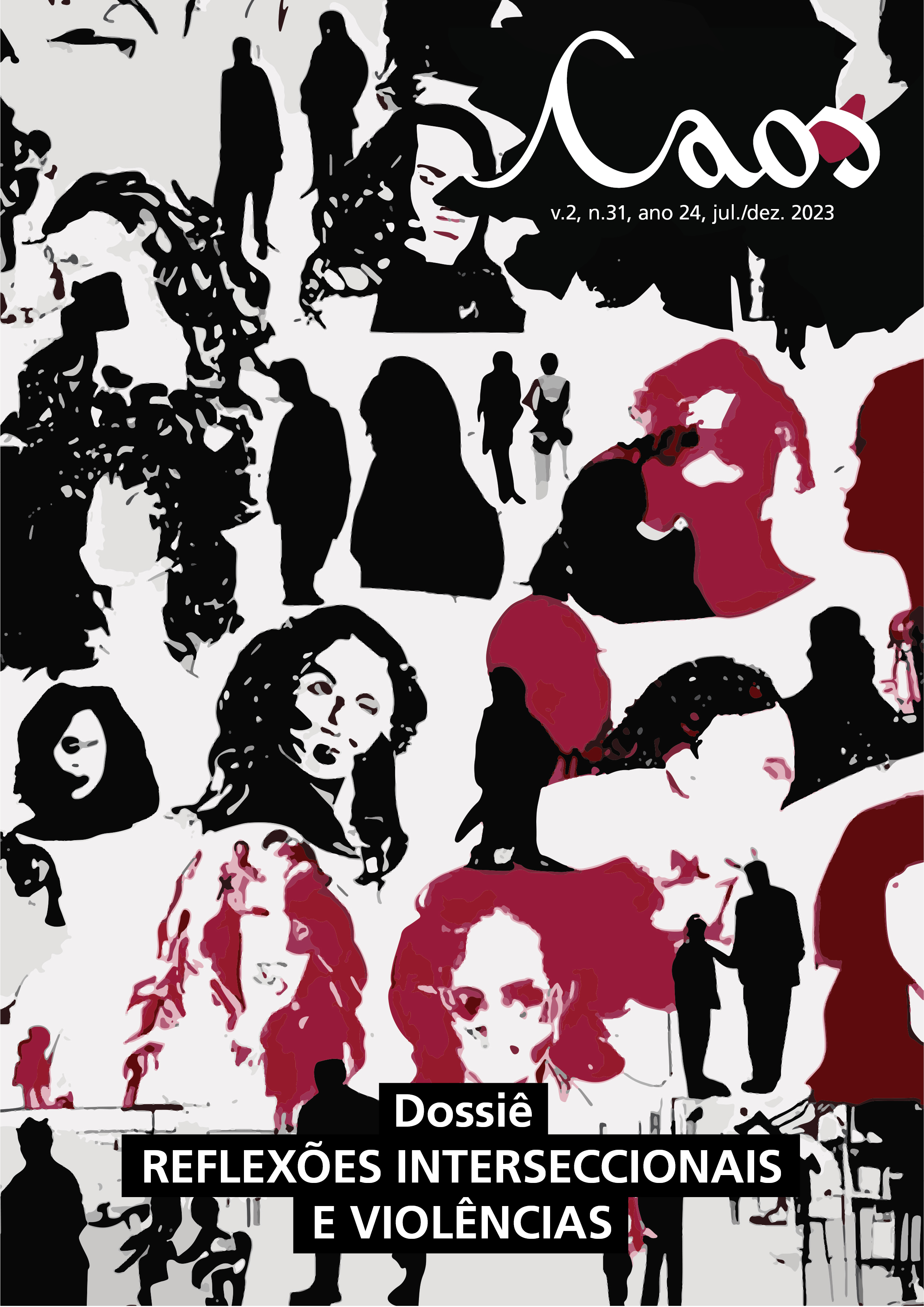Dossier Interview | SOCIO-IDENTITY DIFFERENCES IN THE DEMOCRATIC STATE: the role of anti-discrimination practices as an intersectional strategy to protect the rights of LGBTQIA+ communities in Brazil
DOI:
https://doi.org/10.46906/caos.n31.67613.p145-159Keywords:
socio-identity differences, anti-discrimination practices, protection of rights, LGBTQIA communities.Abstract
Aware of her responsibility as a professor in the context of defending the public, free and quality university, Antonella Galindo, the first trans professor at the Federal University of Pernambuco (UFPE), has dedicated her career to humanitarian issues, whether in teaching, research or extension, with particular emphasis on the visibility of themes and challenges for the construction of a more just and equitable society. where LGBTQIA+phobia has no place in the face of the values of the current Democratic Rule of Law. n addition to these challenges, there is her role in management, another example of her pioneering spirit, in the position of deputy director of the Recife Law School (FDR), since April 2023, through which she aims to strengthen UFPE's contact, particularly FDR's, with society, as well as to give due attention to the agendas of minoritized social groups. Antonella has collaborated with several lato and stricto sensu Graduate Programs in Law and related sciences, such as those of the Federal University of Paraíba, the Federal University of Rio Grande do Norte, the Federal University of Alagoas, the University of Vale do Rio Sinos (UNISINOS) and the Autonomous University of Lisbon (Portugal), as well as with national and international research groups. such as Oxford Transitional Justice Research and the Public International Law Group, both from the University of Oxford (UK). She has experience in the legal area, with an emphasis on Constitutional Law, working mainly on the following topics: constitution, constitutional principles, fundamental rights, anti-discrimination law, transitional justice, among others. In an interdisciplinary stance, it has sought to establish theoretical associations with philosophy and the general theory of law, as well as political science and the theory of the State. It is with joy and gratitude that I begin this interview, which, I hope, can serve as an inspiration for the general public, and especially for people whose non-normative subjectivities have been used to deny them access to spaces of action in the various spheres of contemporary society.
Downloads
Metrics
Published
Issue
Section
License
Copyright (c) 2023 Fábio Alexandre Silva Bezerra; Antonella Bruna Machado Torres Galindo

This work is licensed under a Creative Commons Attribution-NonCommercial 4.0 International License.
A Caos é regida por uma Licença da Creative Commons (CC): CC BY-NC 4.0, aplicada a revistas eletrônicas, com a qual os autores declaram concordar ao fazer a submissão. Os autores retêm os direitos autorais e os de publicação completos.
Segundo essa licença, os autores são os detentores dos direitos autorais (copyright) de seus textos, e concedem direitos de uso para outros, podendo qualquer usuário copiar e redistribuir o material em qualquer suporte ou formato, remixar, transformar e criar a partir do material, ou usá-lo de qualquer outro propósito lícito, observando os seguintes termos: (a) atribuição – o usuário deve atribuir o devido crédito, fornecer um link para a licença, e indicar se foram feitas alterações. Os usos podem ocorrer de qualquer forma razoável, mas não de uma forma que sugira haver o apoio ou aprovação do licenciante; (b) NãoComercial – o material não pode ser usado para fins comerciais; (c) sem restrições adicionais – os usuários não podem aplicar termos jurídicos ou medidas de caráter tecnológico que restrinjam legalmente outros de fazerem algo que a licença permita.
Recomendamos aos autores que, antes de submeterem os manuscritos, acessem os termos completos da licença (clique aqui).
















